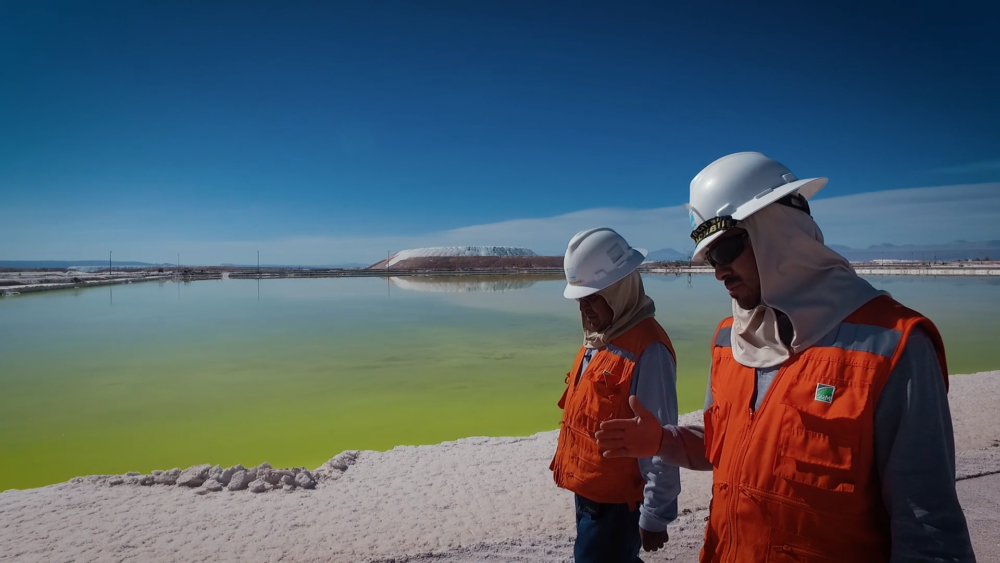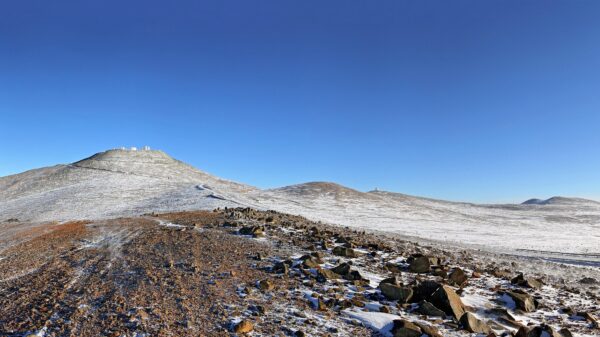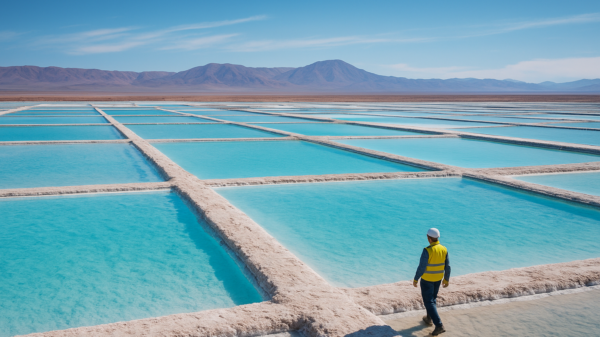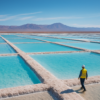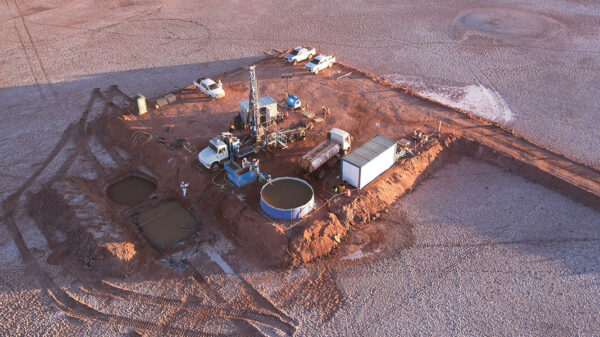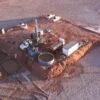Talks have broken down between the four largest indigenous communities and copper giant Codelco and lithium miner Sociedad Química y Minera de Chile (SQM) (NYSE: SQM) in Chile’s Atacama salt flat over expanding lithium mining in the flat.
Representatives from the Toconao, Camar, Socaire and Peine communities released a statement dated April 14 but released on Monday.
The two companies originally agreed to talk with a council of representatives from 18 indigenous communities in December in search of an agreement with SQM to develop a new state-operated public-private partnership.
Back in December, the Toconao community indicated groups were obstructing public roads leading to mining operations in the southern part of the salt flat. The blockade stopped traffic and prevented workers, supplies, and lithium from moving in or out.
Nearly a month earlier, Codelco and SQM had agreed to engage in roundtable discussions with indigenous communities to establish a sustainability guarantee for the ecosystem, aligning with the country’s National Lithium Strategy.
Furthermore, Codelco and SQM maintain that the roundtable will recognize international treaties that the Chilean Government has signed and ratified, including the International Labour Organization’s Convention 169.
“Despite our communities’ efforts, the facts have shown that among the actors involved there is not a true willingness to sustain a dialogue,” representatives from the Toconao, Camar, Socaire and Peine communities said in the statement.
The statement also mentioned that the other indigenous communities participating in the dialogue with the companies fail to “recognize the distinct realities” of the process.
Read more: Lithium South Development expands production goals, updates PEA on Hombre Muerto lithium project
Read more: Lithium South Development updates leadership roster, appoints new director
Indigenous protests are increasing in the lithium triangle
Indigenous protests have been increasing in the lithium triangle, which includes regions in Chile, Argentina, and Bolivia. These protests arise from concerns about the environmental impact of lithium extraction on ancestral lands and the lack of inclusion in decision-making processes.
Although many Indigenous communities in Jujuy lack property titles for their lands, the right to their ancestral territories is granted to them by Argentina’s 1994 constitution. The combination of land-grab issues and environmental concerns has sparked the unrest.
Northern Argentina is home to 38 lithium mining projects, with three already operational. The region also primarily contains lithium beneath salt flats in the form of brine.
To access the subterranean deposits, companies must drill. They then pump the brine to the surface and direct it into artificial ponds. The lithium evaporates and is then extracted through a series of chemical processes.
Some companies operating in the triangle are actively working to minimize their environmental impact.
Argentina Lithium and Energy (TSXV: LIT) (FSE: OAY3) (OTCQX: LILIF) serves as another example of adopting a positive environmental approach. The company recognizes its responsibility for the well-being of the communities surrounding its operations.
For instance, Lithium South Development Corporation (TSXV: LIS) (OTCQB: LISMF) (Frankfurt: OGPQ) completed an Environmental Baseline Study for the Hombre Muerto North Lithium Project (HMN Li Project) in Salta, Argentina in 2022.
During the rainy season, the company conducted an in-field survey to collect data on flora, fauna, hydrology, and climate in areas affected by the project.
Lithium South Development Corporation is a sponsor of Mugglehead news coverage
.
Follow Joseph Morton on Twitter
joseph@mugglehead.com

